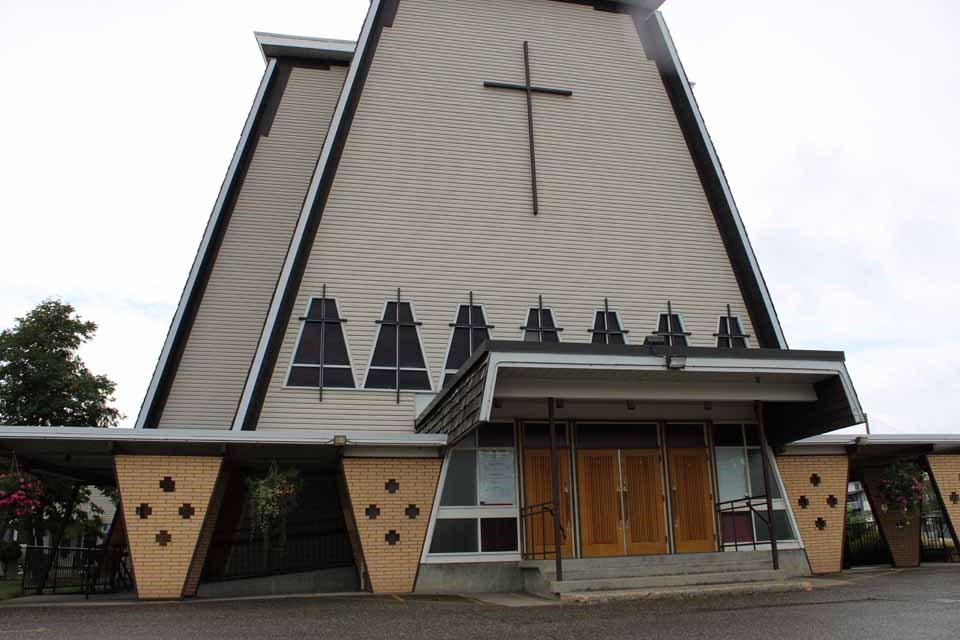June 21 always gives this particular Indigenous man pause for thought. Although the card in my wallet states that I hold a “Certificate of Indian Status,” I have been called every pejorative under the sun, including a racist in these very pages, for holding views contrary to the so-called “leadership” of my people. Of course, their fear is understandable, just as is their desire to disappear me from the discourse: I am the living proof that their identitarian narrative is false.
Last year, in the midst of the pandemic, the tragic issue of residential gravesites once again came to the fore. An old wound was ripped open anew for many, especially elders, and for those who had forgotten or never learned the troubled history of the residential schools properly, an unquenchable rage, fanned by the winds of social media, consumed them. Eventually, this resulted in the burning down of several churches, some of which qualified as historical sites.
Whomever these perpetrators across the country might have been, the media and popular rhetoric completely erased thousands of aboriginals who attend Christian worship regularly, such as myself. Some of us even volunteered to stand guard throughout the nights, with the hope of protecting our parishes from would-be pyromaniacs. During my patrols, I saw many odd nocturnal creatures, including a crossbowman, but thankfully no fanatical firebugs.
Of course, a man might rise to such an occasion, but surely an Indigenous woman would have extra grievances against patriarchal Mother Church. Well, having gone to daily and Sunday mass almost perfectly throughout last year’s furor with my (at the time) future wife who is proudly Metis, I can faithfully report that her outrage at the clergy had to do with their cowardly choice to close the doors and bow to Dr. Bonnie Henry rather than Almighty God, not residential schools.
Indeed, she witnessed splits in her own family over the ongoing controversy: it was almost as if people had experienced the issues of race, class, and state power via the churches administering education differently depending on where they had been in Canada over the last two generations. But these subtleties were not reflected in the echo chambers that make up today’s new and old media - the graves, even those that were previously known, led the posts.
I do owe some mea culpas. To the orange shirted picketers on the lawn across from mass last year, my wife and I would like to express our deepest regrets for having not invited you to our nuptials. We worried it would cause an episode that served to further your less than historically accurate political agenda, but upon further reflection, the only thing that might have reached your sad souls might have been to witness a beautiful Catholic, Indigenous wedding.
Also, to those brothers and sisters that I had to rouse from the alcoves of the church building at 3 a.m., I agree with you that God’s bride on earth ought to do more. Simultaneously, I would stand by my encouragement at the time that the innumerable offices and nice vehicles of our kin throughout downtown could use a slumberer’s picket, as well as the occasional note left asking why the leases are a higher priority than the needs of their fellow, unhoused Indigineous?
And finally, for anyone who is tired of the old talking points, I encourage you to take a deeper look into several aspects of our less than popular history. A cleric undermined the railroad and got the local tribe a better deal; the chiefs of British Columbia wrote Sir Wilfred Laurier a letter asking for proper treaties to be struck; and there is a strong case to be made that what happened in Ottawa this year actually counts as the third Northwest Rebellion.
In short, my family remains outside the orthodoxy for now. In every nation’s history, there are unbearable tragedies. but for it to remain a nation, reconciliation must be attained. Our country is in desperate need of a new vision. Will we First Peoples rise to the challenge?
Nathan Giede is a Prince George writer.

